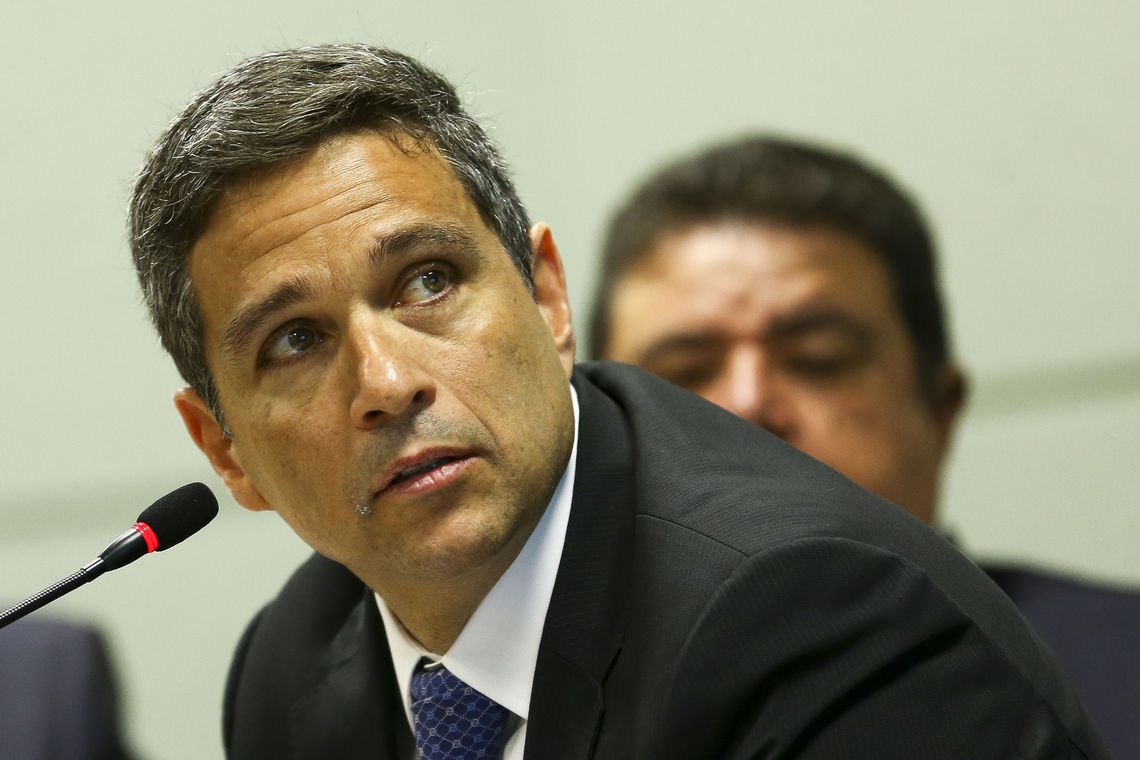RIO DE JANEIRO, BRAZIL – The president of the Central Bank, Roberto Campos Neto, acknowledged Tuesday, 16, that inflation accelerated and had a quantitative and qualitative worsening in all aspects and, therefore, stressed that the work of the Central Bank is difficult.
“It is important to be realistic and understand how widespread inflation is and how difficult the work of the Central Bank will be,” he said, participating in a panel at the IX Legal Forum of Lisbon, in the Portuguese capital, organized by the University of Lisbon, the Brazilian Institute of Education, Development and Research (IDP) and the Getulio Vargas Foundation (FGV).

He also reported that inflation expectations are rising and growth expectations are falling.
Campos Neto pointed out that the shock in electricity and fuel prices this year is the biggest in the last 20 years and comes after last year’s food shock.
The president of the Central Bank also cited that the increase in commodities was amplified by the devaluation of the Brazilian currency and atypical development since the real (R$) usually reacts positively to the advance in commodity prices.
“In much of the world, terms of trade have not explained currency dynamics,” he pondered, arguing that it is not just a problem in Brazil. “One thesis for the exchange rate is that the level of debt offset the effect of commodity exports on the risk premium,” repeated Campos Neto.
The president of the Central Bank pointed out that “for the first time,” Brazil is experiencing a problem of internal inflation and, at the same time, is importing external inflation. “For the first time, you have the situation that we have internal inflation, and we are importing it as well.”
He also acknowledged that the process of interest rate hikes in the world “will create a more challenging environment for Brazil.” The president of the Central Bank affirmed that the world economic scenario today is very different from what was imagined, with a swift and very volatile change of scenario in terms of growth and inflation perspectives.
Campos Neto repeated that the banks’ initial thesis of supply disruption in the Covid-19 pandemic has not proven true. According to the bank’s president, a rapid and significant shift in demand toward goods occurred.
“It took a while for Central Banks to understand the combined effect of this US$9 trillion fiscal package on the pandemic. More recently, views have shifted a little bit to demand displacement, and that has been more persistent.”
He pointed out that this package was about 10% of global GDP, of which US$4.5 trillion was a direct transfer. He pointed out that one of the first effects was the increase in food, which has a greater weight in the basket of consumption of emerging economies than developed ones.
The president of the Central Bank also reaffirmed that the production of goods demands more energy than services. Campos Neto also pointed out that supply is not responding in the same magnitude due to the sustainable agenda.
“Metal prices, energy, and logistics have gone up, but investments in them have not responded,” he said. “Logistics will take some time to normalize; investments remain low.”

